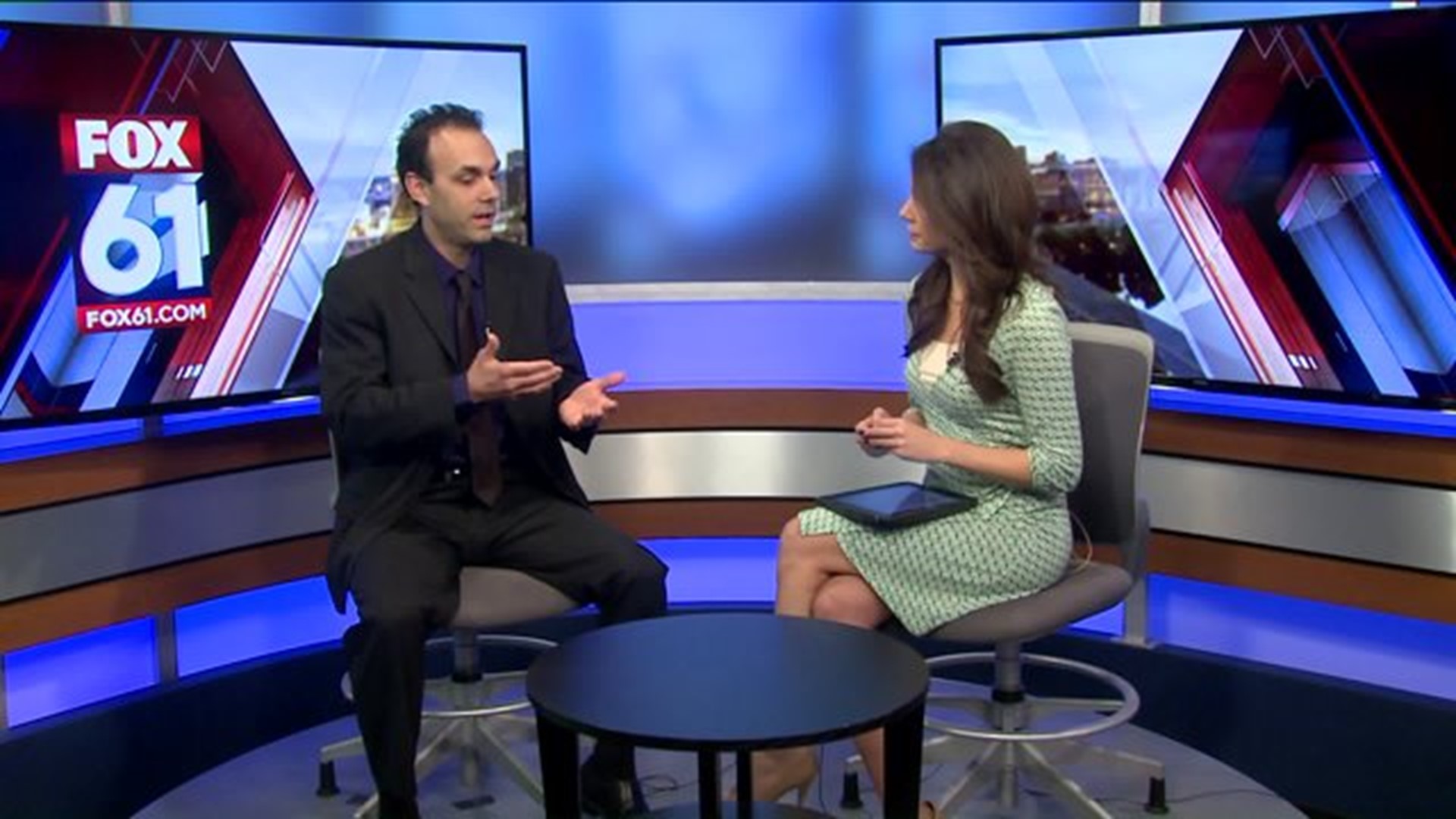It's "Teen Dating Violence Awareness" month and there are young people across the world who are in abusive relationships.
Teen dating violence is physical, sexual, psychological and/or emotional violence, including the act of stalking. It can take place in person or electronically. According to a nationwide survey conducted by the Center for Disease Control and Prevention, 23% of females and 14% of males who ever experienced rape, physical violence, or stalking by an intimate partner, first experienced some form of partner violence between 11 and 17 years of age. 10% of youth (in some communities over 30%) experienced some form of dating violence over the past year.
Violence, itself, is related to certain risk factors such as being angry, depressed, anxious, suicidal, alcohol/drug abuse, experiencing some sort of mental or physical trauma, witnessing or experiencing violence in the home and believing that it is an acceptable way of behaving in a relationship.
There are many young people in abusive relationships and don't need to be. I think in order to understand the warning signs of a potentially abusive relationship, it's important to identify what I'd like to refer to as the "Big Three Cs" of a Healthy Relationship that every person (young or older) should have as a core foundation to their relationship. This would be a good starting point as an indicator to whether a relationship is headed in the right direction or not:
- Communication: In a healthy relationship, if something is bothering you, both individuals should be able to openly and honestly express their feelings without a fear of being scolded verbally, made to feel guilty, or physically abused.
- Compromise: Disagreements are a natural part of relationships and agreeing to disagree is essential in maintaining a healthy relationship. Find a way to find a common ground or compromise in a rational way with the goal to solve the problem or resolve the conflict in a peaceful manner without it getting personal.
- Care: Displaying care is about being respectful of the wishes and feelings of the other person. Showing compassion and being supportive of a partner's needs and offering reassurance and encouragement to build the person up, rather than put him/her down. Care is about respecting each others privacy and space. Healthy relationships require boundaries and space and are a great way to keep your relationship healthy and secure.
If you feel like you are walking on egg shells or afraid to provoke your partner because of how he/she will react to things (by blaming you for his/her problems, insulting or putting you down for things, telling you what to do and trying to control your actions - who you see, what you do, pressuring you into doing something you don't want to do, having temper tantrums or becoming possessive and if you try and end the relationship, they refuse to, these are signs that you are in an unhealthy relationship.
As a parent, look out to see if your child's grades are slipping, if they appear more sad, anxious, frequently crying, having to respond immediately to a call or text, if they are making excuses for the other person's poor behavior, engaging in more risky behaviors or if they appeared more outgoing and involved with family, friends, school activities before dating. Those are all warning signs that your child may be in a dangerous relationship and need help to get out.
In a serious situation that involves a person, especially a girl, needing to protect herself from a life and death violent situation, you need to remove yourself from the environment as quickly as possible, but oftentimes this is not an easy feat. Use your instincts and judgment.
If the situation is dangerous, consider giving the abuser what is necessary to calm him or her. If this isn't possible and you need to use physical force to remove yourself from the situation, target the areas of the body that will temporarily stun the person - typically by striking regions of the body like the crotch, kneecaps, shin, heels, or eyes - and then fleeing the scene and going into a room or area that has access to an exit and getting help immediately (yell for someone to call 911 or try to hide and call or text for help) You will have about 15 minutes of an adrenaline rush to fight and get out of the situation.
If you or someone you know is in a violent or abusive relationship, call the National Domestic Violence Hotline 1-800-799-SAFE (7233).
Dr. Doug Haddad

